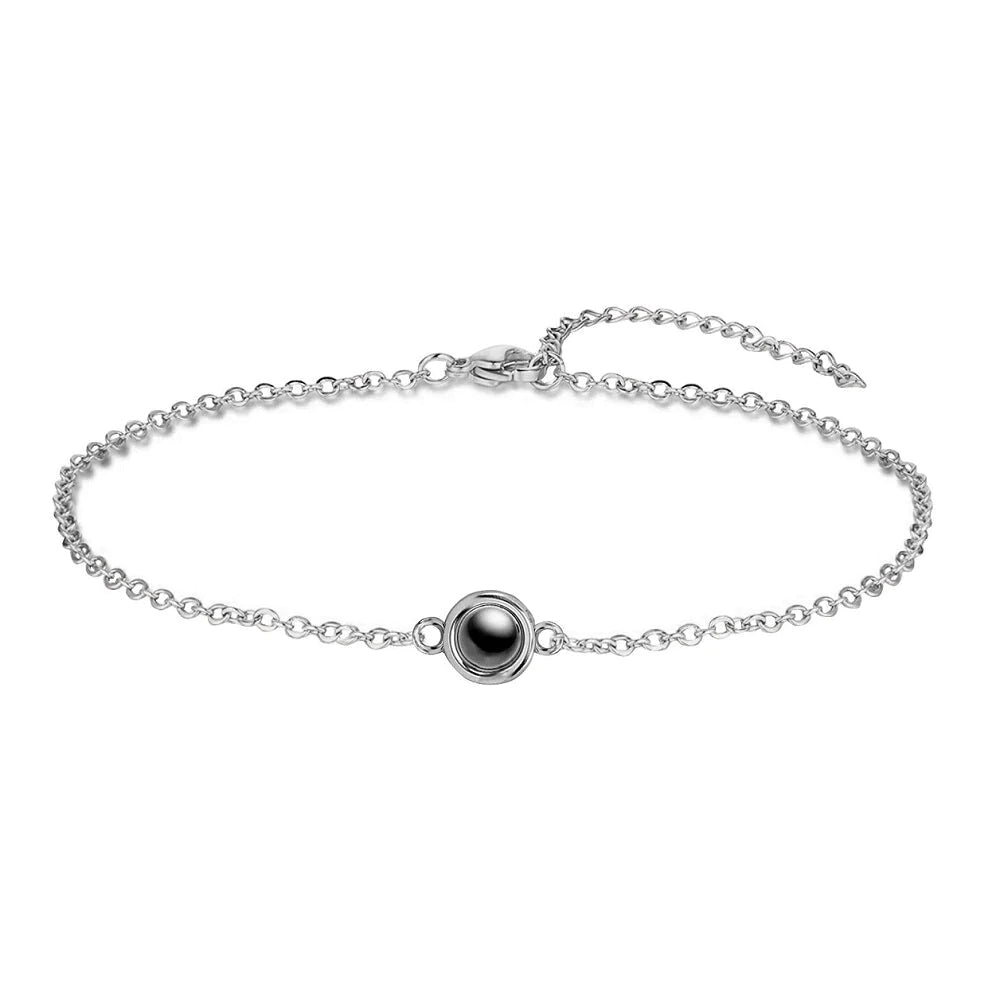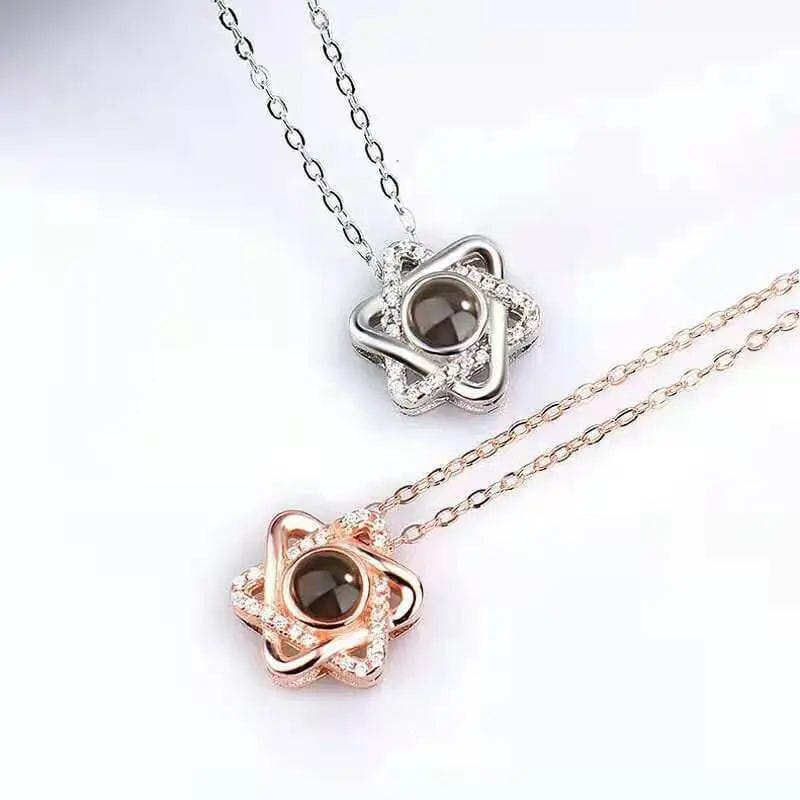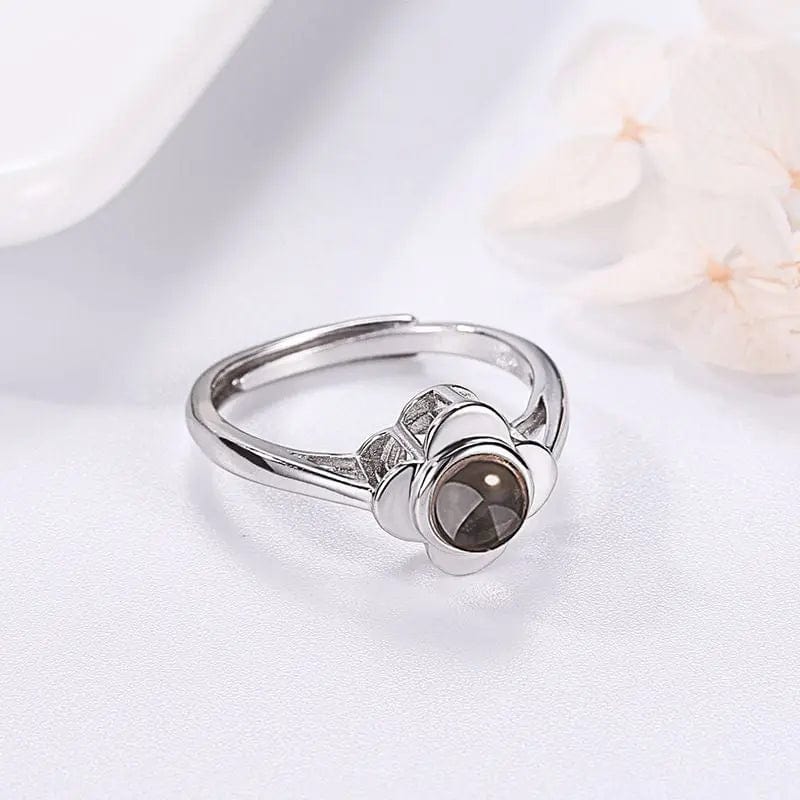Understanding the Ethical Will
An ethical will, unlike a standard last will and testament which deals with the distribution of assets, is a heartfelt letter where you share your values, blessings, life’s lessons, hopes, and dreams for the future. This powerful tool has been used for centuries as a way to pass on moral values and life advice to future generations. Originating from the Judaic tradition, an ethical will is now embraced by people of all cultures as a way to leave a personal legacy.
The Importance of Writing an Ethical Will
Creating an ethical will allows a person to reflect on their life experiences and articulate what truly matters most to them. It serves as a bridge between generations, offering loved ones insights and wisdom that can deeply influence their lives and decisions. This document can be especially poignant during transitional life moments, such as the birth of a child, a marriage, or the passing of a family member.
Connecting with Future Generations
An ethical will is not just a document for one's immediate family but potentially an influential piece for several generations. It conveys your personal narrative, beliefs, and hopes, creating a lasting connection with future descendants who may never meet you but will feel your presence through your words.
How to Write an Ethical Will
While there is no set structure or required length for an ethical will, its essence lies in its sincerity and personal touch. Here are some guidelines to help you write your ethical will:
Reflect on Your Values and Lessons Learned
Begin by contemplating your life lessons and the values that guided your decisions. Consider what stories or pivotal moments best illustrate these lessons. Sharing how you overcame challenges or how specific values shaped your life can offer invaluable guidance.
Express Your Hopes for the Future
Articulate your aspirations for your loved ones and possibly for the world. This might include hopes for their happiness, relationships, or personal growth, as well as broader desires for peace or environmental preservation.
Share Blessings and Gratitude
Convey your affection, blessings, and gratitude toward family and friends. Acknowledge the roles they’ve played in your life and express your thanks and hope for their futures. This can strengthen your relationships and provide comfort during times of grief.
Keep It Authentic
Your ethical will should reflect your voice and be genuine. It doesn’t have to be formal or perfectly structured. The most powerful ethical wills are those that truly embody the spirit and personality of their authors.
Finalizing and Sharing Your Ethical Will
Once you have written your ethical will, decide on the format you want to share it in, be it written, recorded audio, or video. Consider also sharing it with your loved ones while you are still alive to discuss it with them, enhancing the emotional connection and understanding. Ensure that it’s accessible and stored safely where your family can find it after you've passed away or when it's most needed.
The Legacy of an Ethical Will
An ethical will stands as a testament to a life well-lived, encapsulating your essence and leaving a profound impact. More than any material gift, it’s your beliefs, your love, and your guidance preserved. For many, it’s a final work of art, a narrative that extends beyond the confines of life itself to touch the hearts and minds of those you love endlessly.
```


